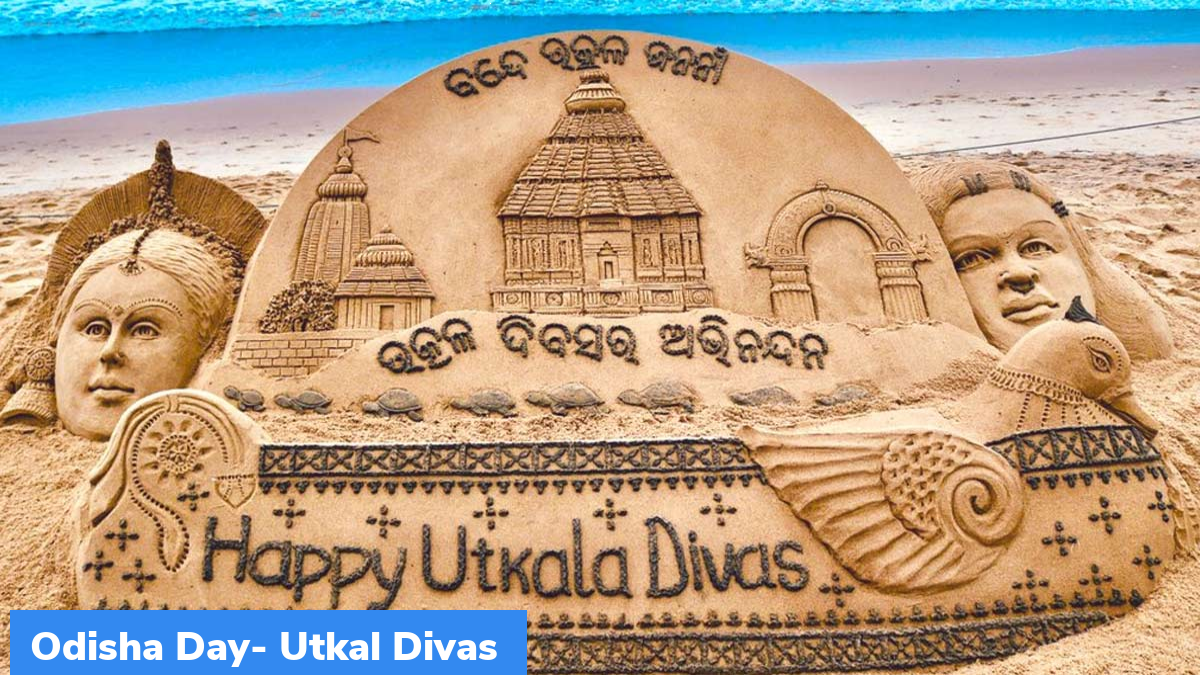What is Utkala Dibasa?
Odisha Day, also known as Utkala Dibasa, is a significant day for the Indian state of Odisha. Celebrated on 1 April every year, the day commemorates the formation of the state as a separate entity out of Bihar and Orissa Province. This article delves deeper into the history behind Odisha Day and how it has become an essential part of the state’s cultural identity.
Origins of Odisha Day
Odisha’s history dates back to ancient times when it was known as Kalinga. It was ruled by several dynasties, including the Mauryas, Satavahanas, and Guptas. However, the state lost its political identity completely in 1568 after the defeat and demise of the last king, Mukunda Dev. For centuries, Odisha was ruled by different empires, including the Mughals and the British.
In the early 20th century, Odisha witnessed a linguistic movement that aimed to establish a separate province based on the Odia language. The movement culminated in the formation of a separate state under British rule on 1 April 1936.
The Main Revolution
The main revolution in this separate state continued for three decades, starting from the very day of the formation of Utkal Sammilani. The movement turned more intense under the leadership of Utkala Gouraba Madhusudan Das and other notable leaders such as Utkala mani Gopabandhu Das, Maharaja SriRam Chandra Bhanj Deo, and more.
The leaders fought for the rights and development of Odisha and its people. They demanded a separate province based on the Odia language, which would help preserve and promote the state’s rich culture and heritage. Their efforts led to the creation of a politically separate state on April 1, 1936.
Role of the Public
The public played a significant role in supporting the leaders during the Odisha movement. They participated in protests, rallies, and demonstrations, demanding a separate state for Odisha. Their support and solidarity gave the leaders the strength and motivation to continue the struggle for their rights.
Month: Current Affairs – April, 2023
Category: India Nation & States Current Affairs


